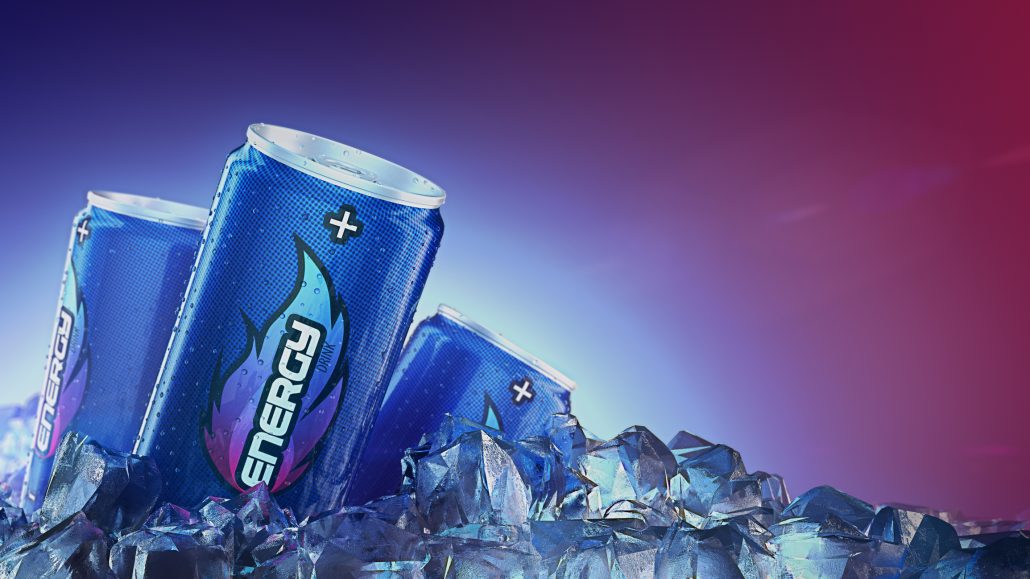Red Bull? Monster? Rockstar?
These are all names of some of the most popular energy drinks on the market. Energy drinks are loved by many, however, those who love them most are usually young. Could energy drinks make a person more susceptible to drug abuse or alcoholism later in life?
Shockingly, there is a potential connection between those who consume energy drinks regularly and those who abuse drugs or alcohol later in life.
Researchers at the University of Maryland discovered that young adults who regularly drink highly caffeinated energy drinks continuously were significantly more likely to use cocaine, abuse prescription stimulants and be at risk of alcoholism.
“The results suggest that energy drink users might be at heightened risk for other substance use, particularly stimulants,” said researcher Amelia Arria. The study was published in the Journal of Addiction Medicine in June.
Researchers discovered that 51.4 percent of the 1,099 participants fell into the group with a “persistent trajectory” which means they sustained their energy drink consumption over time. This prolonged use increased the risk of drug addiction and alcoholism, the study determined.
The “persistent trajectory” group were the most likely to be using stimulants and drinking heavily by 25. Those in the “intermediate trajectory” also had an increased risk of risky behavior compared to those who drank much less or never drink caffeinated beverages at all.
For a while, some in the treatment industry warned how these energy drinks could negatively affect those trying to recover from drug and alcohol abuse. They said that drinks often serve as a convenient replacement for a high.
Energy drinks contain a combination of caffeine, vitamins, and herbs. They are easily accessible in any convenience store or supermarket. Redbull and Monster dominate the energy drink market that averages about $50 billion in sales worldwide.
The five-year study controlled for factors such as the effects of demographics, sensation-seeking behaviors, other caffeine consumption and prior substance use.
“Because of the longitudinal design of this study, and the fact that we were able to take into account other factors that would be related to risk for substance use, this study provides evidence of a specific contribution of energy drink consumption to subsequent substance use.”
Despite these results, it is still unclear what biological mechanism connects energy drink use with later stimulant use. More research is needed to understand this fully.
“Future studies should focus on younger people because we know that they too are regularly consuming energy drinks,” Arria added. “We want to know whether or not adolescents are similarly at risk for future substance use.”
With all this said, should energy drinks be regulated? As of right now, it is very easy for anyone to consume energy drinks. Arria suggests policy interventions to help minimize the negative long-term impact.
“Energy drinks are not as regulated as some other beverages. One policy implication is to consider options for regulating the maximum amount of caffeine that can be put in an energy drink,” she said, according to USA Today.
“Parents need to be aware of those risks when their child or adolescent or young adult wants to make a decision about what sort of beverage to consume. They need to be aware of the potential risk.”
—
Energy drinks are great once in a while. However, like everything in life, too much of a good thing can become dangerous. What are your thoughts on this study? Are energy drinks harmful? If you are struggling with mental illness or substance abuse, please do not wait to seek help. Call now.
Author: Shernide Delva


